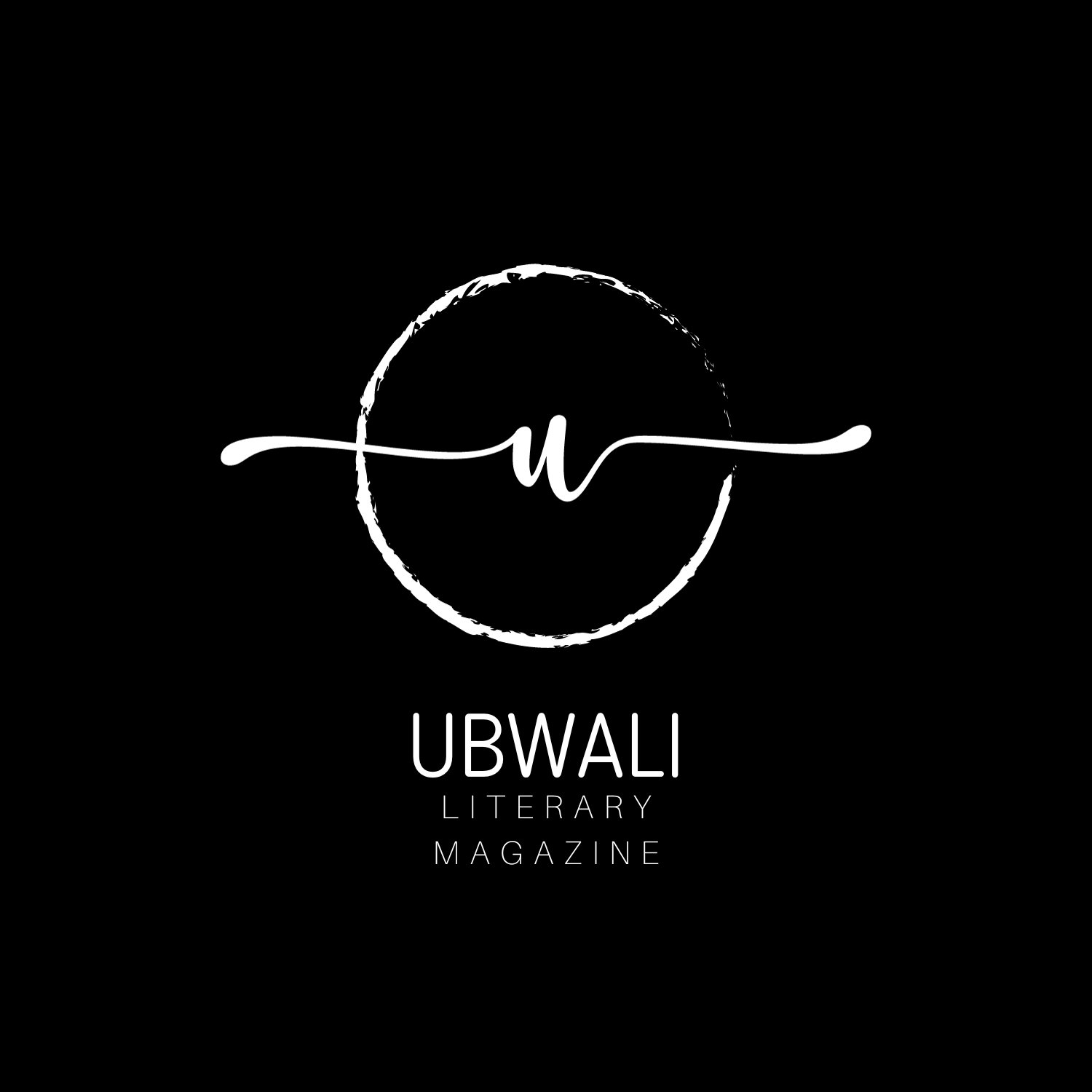Mwaiseni
Mubanga Kalimamukwento | Editor-in-chief
*Image by GCShutter on iStock
When writing came to me, truly came to me; demanding to be written and shown to the world; seven (has it been that long?) years ago, it was just me, my imagination and my pen and paper. I lived in Kabwe, where I struggled to find a literary community. When I started sending my work out for publication, I was shooting in the dark, unsure what it would yield or where exactly to look. I have been very fortunate, and my hard work was rewarded by the support of journals and magazines, editors, agents and publishing houses. My work has brought me so much joy and made me countless friends. But, even after my first ‘Yes,’ after I had moved away from Kabwe, I could not forget the loneliness of the journey. And even now, I know there are many Mubangas scattered in different places, shooting into their darkness, maybe hoping, maybe giving up. This magazine has lived in me as long as I have called myself a writer. Without knowing the specifics, I wanted to create an archive of words and images that said “Zambia” in a way as rich as her language and landscape. The foundling possessed me in full almost a year ago.
Unlike my first ventures into writing, I did not have to do this alone––I had help, and I am so grateful for those people and organisations who showed up to make this happen. Without making this as long as a book acknowledgements page, some names must be mentioned––Fiske Nyirongo and Mbozi Haimbe, my co-editors who immediately understood the vision, the work ahead and generously gifted their editorial talents to Ubwali and Akal Mohan, who has made sure every t is crossed, every i dotted and wouldn’t let me forget what the magazine needed to be successfully launched into the world. Ukamaka Olisakwe and Isele held my hand, explaining every step it would take to get to this day. Sheila O’Connor at Hamline University, Beth Staples of Shenandoah, and Kelsey Trom of the Tusculum Review accepted this new madness and fed it with encouragement and the wisdom only those who have done this before can. My Idembeka Creative Writing Workshop co-conspirators, Frances Ogamba & Kasimma, have louded this magazine until their voices are raw. I also want to thank all the magazines that have housed and continue to house me as an editor because I would never have known what to do without them––Doek! Literary Magazine, Shenandoah, the Tusculum Review and the Water~Stone Review.
This magazine is my thank you to everyone who has helped me: a hope that it will be easier to give Zambian words home.
In this inaugural issue, I have had the immense privilege of gathering work that shows off what Zambia can do when given a chance. The writers gave me their best and then some, embodying ubwali–– a dish every Zambian will instantly recognise for the warmth it brings, the nostalgia, the unparalleled satisfaction. These writers did as our mothers did, preparing the dish for us, until it came to embody home. Hopefully, these pieces will give you a dyonko––a glimpse––of our best-kept secret. Our cover, taken by Namukolo Siyumbwa, is the perfect introduction to the stirring within.
Theresa Sylvester’s “How to Move in the Dark” is stunningly sharp, carrying us from pain to pain so masterfully that we don’t see the end coming, like that first and last mukusu of ubwali. Suwilanji Namusamba calls her lover Ntwenukané in “Dear future Ntwenukané & other poems” and echoes the intimate conversation with Zambia that the other two poets, Cornelius Mwanza and Gerry Sikazwe, have in their equally confident collections of poems. In “The Boy and the Man,” Jacob M’hango weaves us in and out of the experiences of boyhood and manhood while Emily Pensulo gives us a story planted in 1964, on the cusp of our shedding of Northern Rhodesia in favour of Zambia: she beautifully marries nostalgia with honesty in “The Mofwe Tree”. Our essayists gave us words just as rich, the one “Like Mother,” by Mukandi Siame, intimate in its rendering of a reflection on motherhood and mothering through a daughter’s eyes, and the other “I Lost my Appetite,” by Mali Kambandu, a conversation starter on the new face of neocolonialism in Zambia’s food service industry.
I could go on and on about how much talent is present in the pieces, how much honesty, vulnerability and entertainment, but I want you to taste Ubwali for yourself. I know that Zambia has so much more to offer, and look forward to reading the submissions we will receive for our upcoming issue. My hope is that each issue will open a new page of Zambia’s creativity, that Zambia’s literary talent will continue to call Ubwali home, and that together, we will build an archive of the best of our time and read these back issues with fondness and pride.
I hope you, the reader, find these short stories, poems and essays as memorable as I did.
Mwa amuhelwa! Mwalandilidwa! Mwatambulwa! Ndanji! Tambokenu mwane! Tamu pokelelani! Welcome! Mwaiseni!


